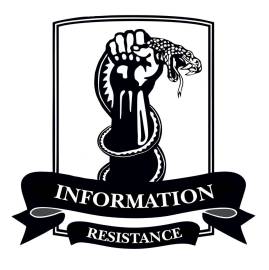According to the operational data of Information Resistance, this morning a column of Russian military vehicles tried to make a breakthrough from Russia into Ukraine in the area of Novoazovsk.
Thanks to the rapid response of Ukrainian units, the column was dismembered. The main part of the column was stopped by our forces.
Part of the column (previously–10 APCs [armored personnel carriers], 2 tanks and 2 Kamaz) continued its movement into the territory of Ukraine. ATO [anti-terrorist operation] forces have taken action for its destruction.
Source: Dmitry Tymchuk FB
By Dmitry Tymchuk, Coordinator, Information Resistance
Translated and edited by Voices of Ukraine




